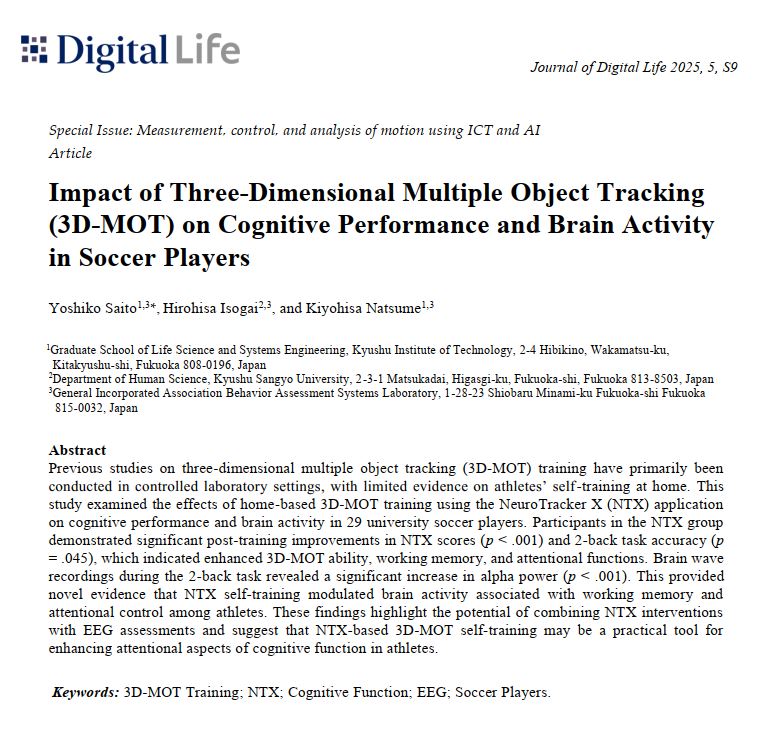Welcome to the Research and Strategy Services at in today's fast-paced.


Are you an avid gamer? If so, you’re not alone. In fact, these days it’s difficult finding someone who doesn’t play video games. Whether it’s during your lunch break or morning commute, it’s common to see individuals playing games on their smartphones.
Our increased exposure to gamified applications and new gaming habits are mainly due to the release of digital devices in recent years. With all this exposure, however, neurologists and psychologists are asking themselves: How do games affect our brains? Do they impact our overall behavior? Here are three ways that video games impact our brains:
According to multiple studies, playing video games affects our attention. Gamer display, for example, enhanced performance in a range of top-down attentional control areas. These include selective, divided and sustained attention. Evidence shows that video game players are more efficient than non-players at maintaining laser focus during attentional demanding tasks.
In addition, gamers who have played action video games throughout their lifetime have superior decision-making skills that pertain to spatial selective attention. That being said, not all video games are created equal. Results reveal that action video games are better at improving selective attention than other slow-paced video games such as role-playing games or strategy games which require high planning skills.
Our visuospatial skills enable us to process and interpret visual information from our environment and the objects found within it. They are fundamental in helping us orient ourselves within a given space, accurately reach for objects in our visual field and shift our gaze to different focal points.
Some studies found that logic/puzzle and platform video games can increase the size and efficiency of brain regions related to visuospatial skills. For instance, the right hippocampus was enlarged in these long-term gamers.
On the other hand, action video games like Call of Duty and Super Mario were shown to negatively affect the hippocampus in gamers. The problem is that these players use the caudate nucleus, located in the striatum, to navigate through the game, which counterbalances the hippocampus. The more they use the caudate nucleus, the less they use the hippocampus, and as a result the hippocampus loses cells and atrophies.
Shaped like a seahorse, the hippocampus is the part of the brain that helps people orient themselves and remember past experiences. In general, more grey matter in the hippocampus means a healthier brain. The more depleted a hippocampus becomes, the more a person is at risk of developing brain illnesses and diseases such as schizophrenia, PTSD and Alzheimer’s. Consequently, it may be wise to exert caution when encouraging children, young adults and older adults to play action video games to improve their cognitive skills.
Different video game genres seem to affect which cognitive skills will be trained. During the course of a video game, a player may need to interrupt his or her strategy and implement a new one. He or she may also be forced to manipulate elements in a certain way to solve a puzzle and progress in the storyline. All these abilities can be characterized under the “umbrella” of cognitive control, which includes reactive and proactive inhibition, task switching, and working memory.
Nevertheless, transfer is a complicated issue when it comes to video game training programs. In general, transfer refers to a task’s ability to lead to improvement in other skills that are different from the task at hand. An example of near transfer would be learning how to drive a car, which then translates to knowing how to drive a bus. Far transfer involves a transfer of abilities that are completely unrelated to the task itself, e.g. learning how to play chess and then witnessing improvements in mathematical reasoning abilities.
While certain gaming studies showed structural and functional changes in the brain after playing games that involve our executive functions, they showed poor transfer effects when measured by other cognitive tasks. Even after 50 hours of training, researchers were unable to observe far transfer effects among participants.
On the other hand, another study showed that training older adults in strategy-oriented video games improved their verbal memory span. These games, however, did not improve their problem solving abilities or working memory.
It appears that much remains to be discovered when it comes to transfer and video games. Training periods found in scientific literature vary greatly and it’s difficult to determine if a lack of transferred skills is due to simple inefficacy or a short training period.
NeuroTracker, though not a video game, has been successful in demonstrating training transfer and efficacy. For instance, even with minimal training a lot of users experienced mental improvements within just 1.5 to 3 hours’ worth of training. In addition, certain individuals witnessed mental improvements in not only their training program but also non-related tasks e.g. passing accuracy in competitive play. With its gamified system and 3D glasses, NeuroTracker may seem like a video game. Positive results from multiple studies, however, suggest that it’s so much more!








Welcome to the Research and Strategy Services at in today's fast-paced.

Find out what this new bible for esports has to offer for the whole industry.

For the first time new research shows the effects of poor diet and sleep quality on the cognitive functions of professional gamers.

World-class eSports players may have the most impressive cognitive abilities on planet earth. Find out here which of the big eSports have the greatest demands for superhuman brain power.
.png)